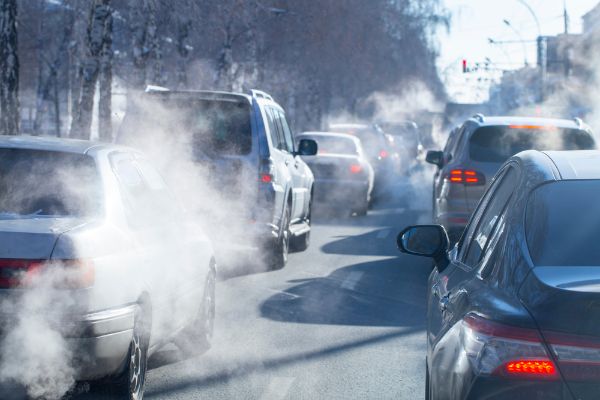A failing exhaust system affects performance and safety. Loud engine noise, reduced fuel efficiency, and strong fumes inside the vehicle signal trouble. Rust and visible damage on the muffler or tailpipe indicate leaks. A check engine light may also appear due to emissions issues. Identifying these signs early helps prevent costly repairs.
Common Causes of Exhaust System Damage
Moisture, road salt, and debris cause rust and corrosion. Loose or broken hangers allow parts to shift, creating stress on connections. Cracks in the exhaust manifold lead to power loss and increased emissions. A clogged catalytic converter restricts airflow, reducing efficiency. Regular inspections help detect these problems before they worsen.
Repairing a Faulty Exhaust System
Fixing an exhaust leak improves engine performance and reduces harmful emissions. Replacing damaged pipes and gaskets restores proper function. Cleaning or replacing a clogged catalytic converter improves fuel efficiency. A new muffler reduces noise and ensures smooth operation. Professional repair prevents further damage and extends the system’s lifespan.
Preventing Future Exhaust Issues
Routine maintenance protects the exhaust system from premature wear. Washing the undercarriage removes corrosive materials that cause rust. Inspecting hangers and mounts ensures stability. Using high-quality fuel reduces carbon buildup inside the system. Addressing minor problems early at Classic Imports prevents major failures and expensive repairs.
The Importance of a Well-Maintained Exhaust System
A properly functioning exhaust system ensures safe operation and optimal performance. It directs harmful gases away from the vehicle, reducing the risk of exposure to dangerous fumes. A failing system increases emissions in New Buffalo, leading to potential environmental and legal issues. Regular maintenance keeps the engine running smoothly and prevents power loss. Keeping the exhaust system in top condition improves overall vehicle longevity.

